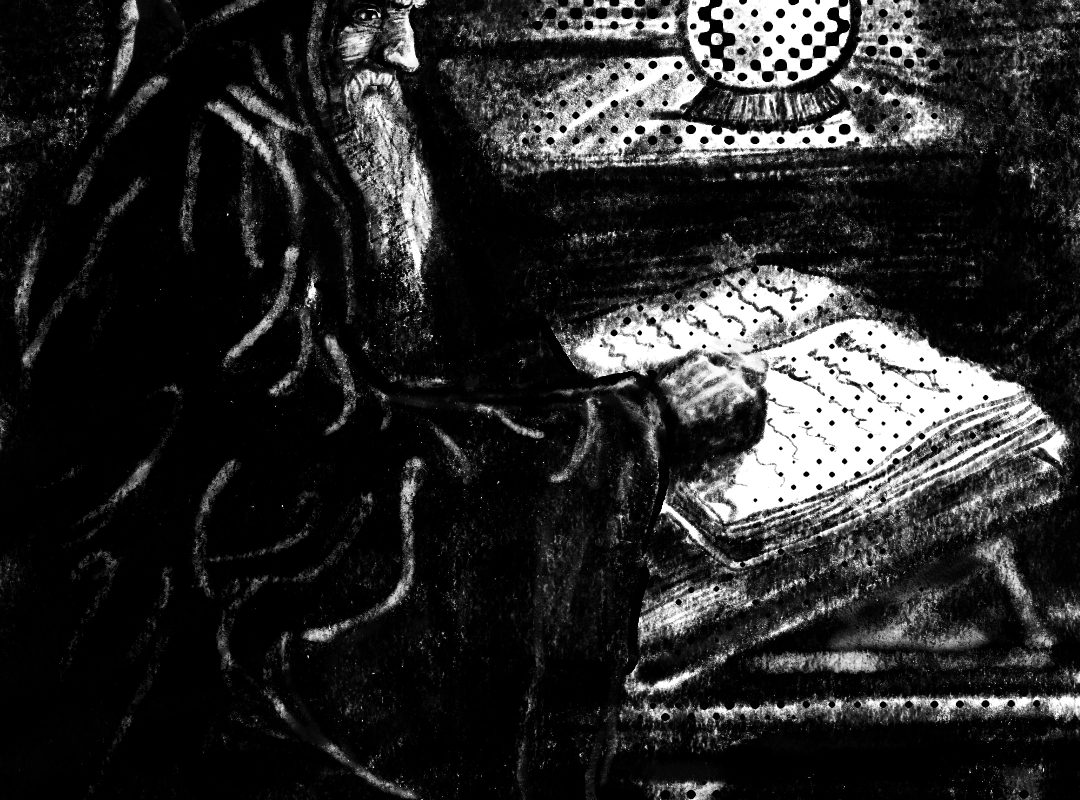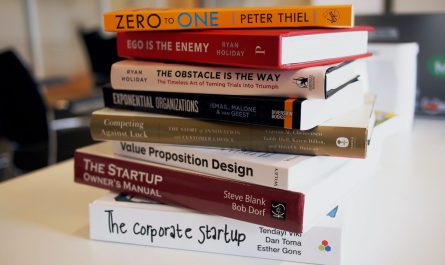Etymology is an important study to help us understand the world we live in and better communicate with one another. The words we use today come from a long history of usage, meaning, and power in the art of communication. Without etymology, we cannot understand the true meaning behind the words we use. By studying the origin of words and their meanings, we will gain a greater skill in the conjuring of meaning (denotation and connotation) with the art and study of language.
So, why did I choose the name WiseArt for the Blog and future Channel? It is, in fact, the deciphering of the word “wizard”, who is the master of both wisdom and arts. So… what is wisdom, and what is art?
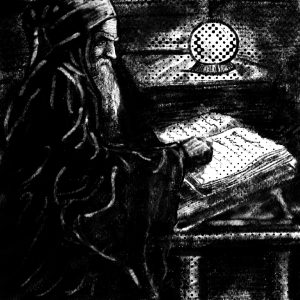
(Image illustrated and designed by Bjorn Corning)
Often it is said that wisdom is knowledge gained from experience. But isn’t all knowledge gained from some form of experience—whether communicated or learned directly from witnessing an event or phenomenon?
The word “wise” has a Germanic root. The Old English word wis means to be knowing, smart, or experienced. In the reconstructed Proto-Germanic language, the word is believed to be derived from wissaz. This word is believed by linguists to come from a reconstructed Proto-Indo-European word, weid, meaning “to see” or “to know.” Today, the definition of “wise” differentiates “wisdom” slightly from its Latin synonyms.
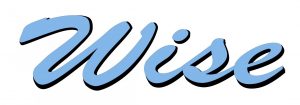
The word “art” is rather a Latin word, which has the same meaning as the Germanic word “skill.” In modern times, this word is now also used to refer to specific subjects in which art is practiced—for example: painting, illustration, theater, writing, or music. However, it is not the painted image that is the art; the painted canvas is only a picture. It is the ability of the painter that is art.
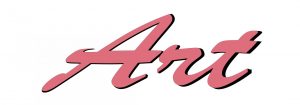
The use of the word art in this way has distanced the word from what people now refer to as science. So, what is the meaning and etymology of the word science?
The word science goes back through the ages to the reconstructed Proto-Indo-European word for cutting, skei. This word developed in many European languages into a variety of other words for cutting or dividing. The word science we use today was distilled from its Latin variety and then further redefined during the French Renaissance.
How do we get the modern word science from a word meaning “to cut”?
Science, like art, is not a product of a process but rather a word that describes a process. Science is not the theories; rather, it is the process we use to rationalize and develop theories. To cut, dissect, categorize, and define what is being studied to find out more about the world is truly the origin and meaning of science.
If the scientific process is a way to rationally search for knowledge about the world—including the arts—and art is the ability to do something well, are they really such opposites? I would argue that they are not opposites at all. A good scientist must develop their artistry, and a good artist must increase their knowledge about the world by applying science.
If you found this interesting, feel free to check out my portfolio. I’m available for hire for all your creative, product design, marketing, and branding needs.
Portfolio Link:
https://v0-bjorn-corning-portfolio-6ga26avls-bjorncodings-projects.vercel.app/
